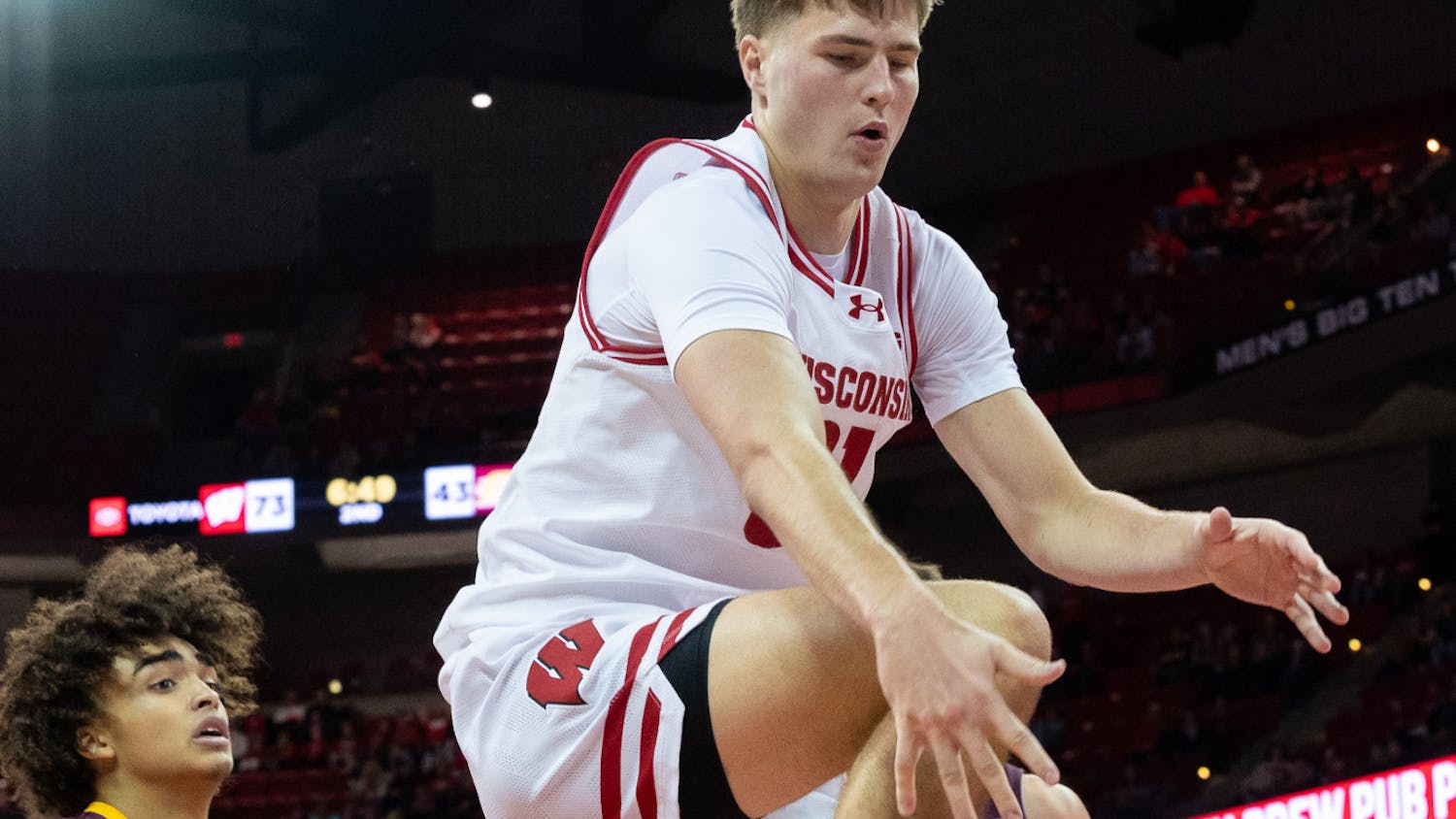The Legislative Council Study Committee on the Future of the University of Wisconsin System met on Sept. 26 to discuss budget shortfalls and the future of university governance amid declining enrollment.
UW System is plagued with budget shortfalls, with only UW-Madison and UW-La Crosse ending the 2023 fiscal year without a deficit.
Despite a 0.5% increase in systemwide enrollment in 2024 — the first since 2014 — and a 3% increase in freshman enrollment at UW-Madison, the percentage of Wisconsin high school graduates enrolling in college immediately after leaving high school is decreasing.
With falling enrollment rates and financial worries, six two-year UW campuses across the state will close their doors following the spring 2025 semester after campuses statewide were forced to make cuts and layoffs to stay afloat.
“At its core, higher ed and workforce development are tightly linked,” Sarah Pingel, vice president of the nonprofit National Center for Higher Education Management Systems, said. “In building a strong public system of higher ed, the state needs to ensure that the governance system meets the needs of the state and of students if the state’s going to have any hope of increasing the attainment needs that are needed to fill workforce demand.”
Eric Compas, a UW-Whitewater geography professor, presented a PowerPoint slide outlining that decreased funding for Whitewater leaves them with fewer resources to assist disabled, first-generation and veteran students along with underrepresented students of color.

“We don’t have the same resources to do the same job,” Compas said. “In case you thought FY 2024-25 was just an anomaly, this is a longer trend in the data. For most years, we’re at half the system average.”
UW System diversity, equity and inclusion programs previously provided resources for these students before being cut as part of an agreement between the Republican-controlled Legislature and UW System President Jay Rothman.
Central to the conversation around UW System finances at the meeting was the idea of shared governance, defined by UW-Madison as “giv[ing] representation to academic staff, university staff, faculty and students” in operational decisions of universities.
UW System previously exercised shared governance until the Chapter 36 statute was amended in 2015 to pass UW System oversight to the UW Board of Regents. Rep. Alex Joers, D-Middleton, argued shared governance is “seemingly a simple step forward” but one that can result in cost saving across UW System campuses.
“The restoration of shared governance in state statute can really make a big change to how we include the rest of our campuses and faculty, staff and students in being active participants in the decisions made about not only their campuses but the System as a whole,” Joers said.
Democrats have pinned budget shortfalls on the GOP-controlled Legislature and the perceived negative influence of private money. Sen. Chris Larson, D-Milwaukee, told The Daily Cardinal that while Rothman and the Board of Regents asked for $855 million state funding in the next budget, it is not enough to make up for failing to invest in higher education over time.
“This amount would only bring Wisconsin to the middle of the pack for higher education funding nationwide,” Larson said. “Middle of the pack will not restore our rankings, reduce tuition or build back the points of access lost over the past decade.”
Wisconsin currently ranks 42nd in the nation in public university funding, according to an April 2023 report from the nonpartisan Wisconsin Policy Forum.
“Our UW System funding challenge is a problem of our own making. The tired excuses made by Republican leaders to justify their unwillingness to support higher education have come full circle, and the public is not buying it anymore,” Larson told the Cardinal. “The facts and data lead us to the answer of a unified UW System empowered by the Legislature through significantly increased state investments and supported by our neighbors through a rejuvenation of spirit in the Wisconsin Idea.”
The UW System submitted its biennial budget request in September for consideration as Gov. Tony Evers prepares to introduce the 2025-27 executive budget early next year.






